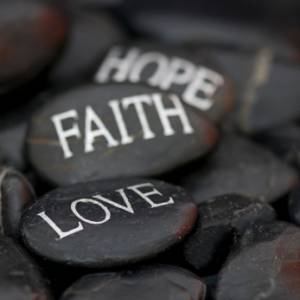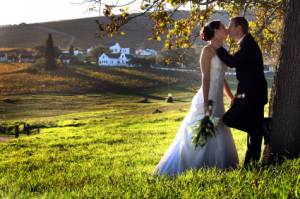
Many religions share goals of strengthening love, hope, and faith both within individuals and amongst a community
Since 1950, the third Sunday of January has been the official day of celebration of World Religion Day. This day of recognition of the commonalities between all world religions was originally started by the National Spiritual Assembly of the Baha’is of the United States. It has also been adopted as a day of celebration by the Universal Life Church since their inception in 1959.
The ULC was founded with the basic doctrine to, “Do only that which is right.” Anyone may become ordained as an interfaith minister by the church free of charge.
This year, World Religion Day will be celebrated on Sunday, January 20th with activities all around the globe. The purpose of the celebration is opening doors of communication between people of all faiths, and even those without expressed faith, to identify common values and goal that promote world harmony.
Celebration of World Religion Day does not require being a member of Baha’is or the ULC. While interfaith ministers will preside over ceremonies in many places, all people are encouraged to participate by doing something that recognizes the fundamental affinity of all world religions. Such activities include:
• Attending the religious services of another faith.
• Initiating a conversation with someone of another faith about the commonalities between religions.
• Attending a celebration of World Religion Day sponsored by the Universal Life Church or Baha’is organizations.
• Personal contemplation of the common goals of all world religions in their aspiration to work as a motivating force for harmony in the world.
The goals of all religions include a desire for peace and an expression of universal love for all humankind. Some may want to become ordained as an interfaith minister in the ULC as a way of assisting others who seek religious recognition or want to perform a wedding, baptism or passing away, but who do not feel comfortable within the structures of more traditional churches and centers of faith.
All religions and faiths have a common core of belief that can become obscured by doctrinal differences and differing rituals and practices. World Religion Day is a moment to recall and celebrate what unites us all beyond and above our diverse ways of expressing our desire for universal love, harmony and peace.



